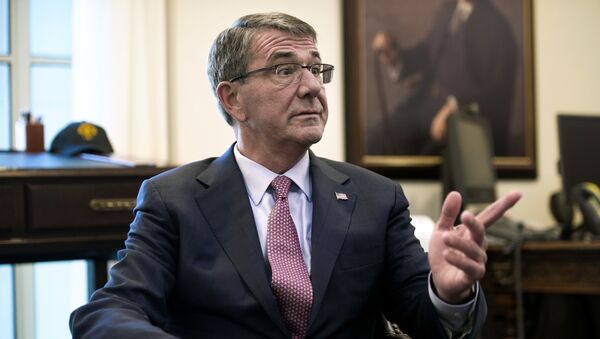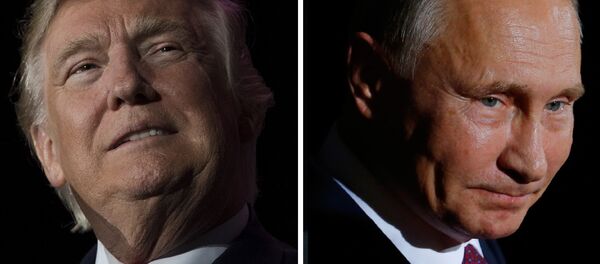"I've dealt with the Russians for 35 years, we have from time to time been able to, even though we have different interests, to align them. That alignment has become more and more difficult under Putin. You see that in Ukraine, you see it in the Middle East," Carter said in an interview with ABC broadcaster.
He pointed out that Moscow was defining success of its foreign policy as thwarting Washington, which made it difficult to strategically align with.
"This goes back to the beginning of Vladimir Putin taking power a long time ago. It seems to be in his nature, as I said — and I've actually — when I was working — and Boris Yeltsin was the president of Russia, Vladimir Putin was in the room when we had meetings there. I think it's part of his nature to define Russian success in foreign policy as thwarting the United States," Carter added.
The United States imposed sanctions against Russia after Crimea held a referendum in 2014 in which a vast majority of its residents decided to reunify with Russia.
The Russian authorities have repeatedly denied all the accusations.





